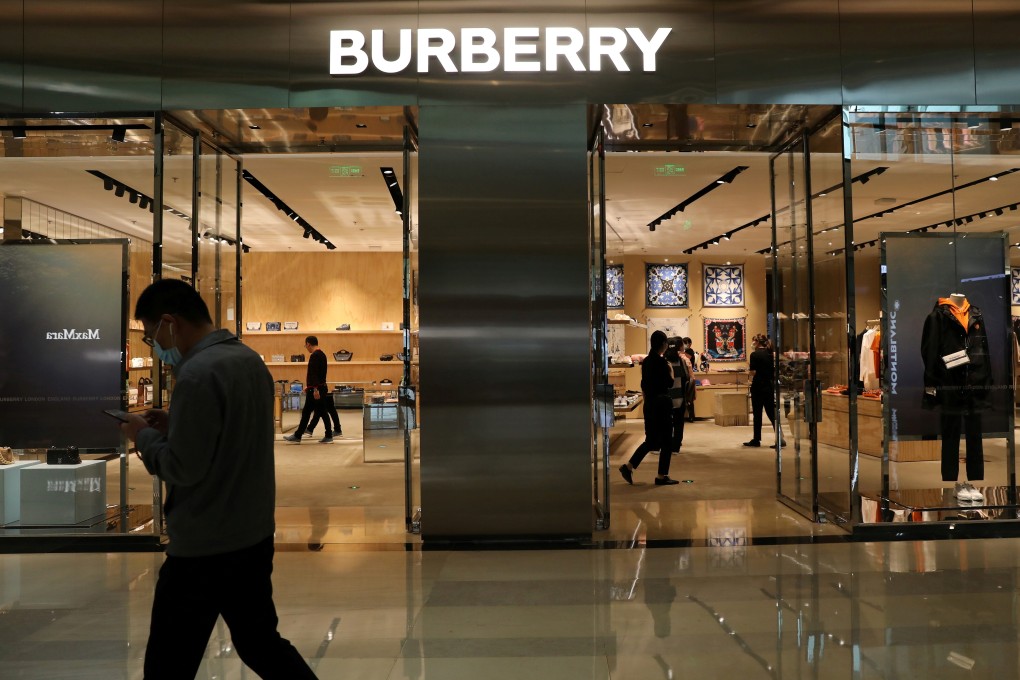Advertisement
Global luxury brands stand a better chance of weathering China’s nationalistic consumer fervour, says Credit Suisse
- The investment bank believes famous high-end brands are less affected than their more downmarket peers by the bloom of ‘Guochao’
- Consumers, especially young ones, are opting for domestic brands amid a wave of patriotism recently exacerbated by a row over cotton produced in the Xinjiang region
Reading Time:3 minutes
Why you can trust SCMP
4

International luxury brands are less likely to be affected by the “China Pride” phenomenon that is gripping the country’s consumer market, as they tend to be well established and produce better quality goods, according to Credit Suisse.
The research team believes famous high-end brands are less affected than their more downmarket peers by the bloom of “Guochao” – the trend that is drawing Chinese consumers towards domestic brands at the expense of Western rivals.
“The brand strength of these international high-end brands remains high [in China], and this is because they are long-established and they have relatively better quality products,” said Jesalyn Wong, China consumer analyst at the investment bank.
Advertisement
“In three to five years, although the domestic brands will move to the higher end of the market, it may still be difficult for them to confront the international luxury brands. However, we cannot exclude the possibility that the local brand could catch up one day.”
Chinese consumers, especially young ones, are increasingly opting for domestic brands amid a wave of patriotism recently exacerbated by a row over cotton produced in the Xinjiang region.
Advertisement
Advertisement
Select Voice
Select Speed
1.00x